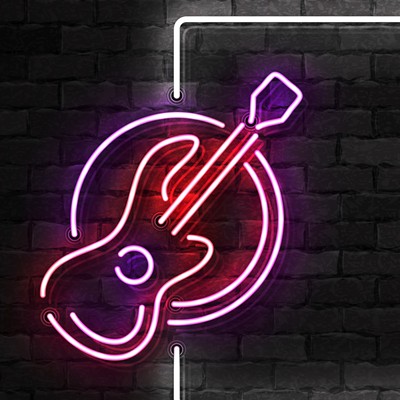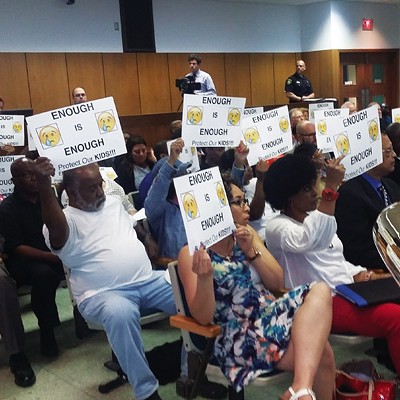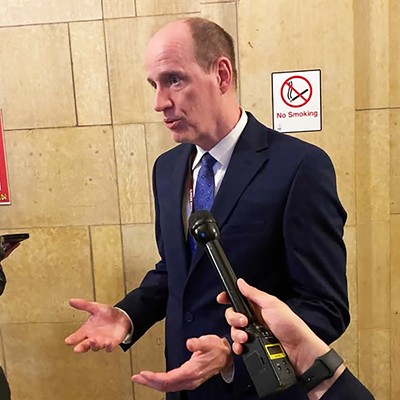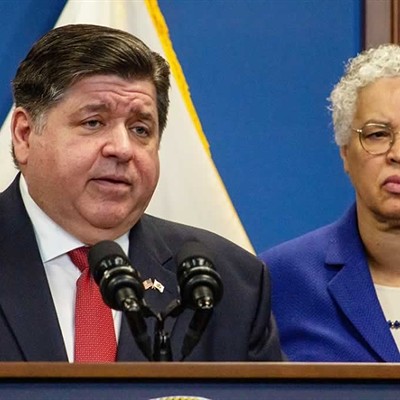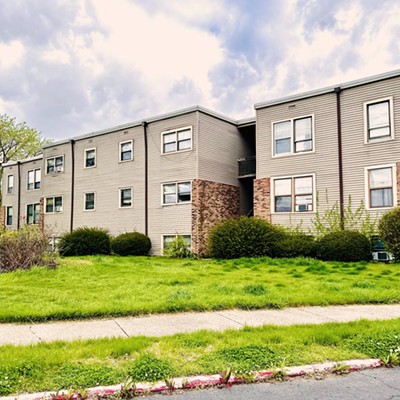Educator: Springfield needs more charter schools
[
{
"name": "Air - MedRect Combo - Inline Content 1",
"component": "11490391",
"insertPoint": "3",
"requiredCountToDisplay": "1",
"parentWrapperClass": "fdn-ads-inline-content-block"
},{
"name": "Air - MedRect Combo - Inline Content 2",
"component": "11490392",
"insertPoint": "7",
"requiredCountToDisplay": "5",
"parentWrapperClass": "fdn-ads-inline-content-block"
},{
"name": "Air - MedRect Combo - Inline Content 3",
"component": "11490393",
"insertPoint": "12",
"requiredCountToDisplay": "9",
"parentWrapperClass": "fdn-ads-inline-content-block"
}
]
Dr. Patrick Hardy, chief academic officer for Rockford Public Schools, visited Springfield last week to encourage educators and community members to consider offering more alternatives to traditional public education.
During a presentation hosted by the Illinois Policy Institute, a nonpartisan research and education organization, Hardy contended that charter schools — open-enrollment public schools usually operated by independent nonprofit and community organizations — provide students with a more comprehensive education and better prepare them for college.
Hardy described his proposal for the Sigma Beta Leadership Charter School, a sixth-to-12th-grade boys’ school that would offer students in Rockford exclusive leadership training, such as lessons on leadership and writing, or models and trends in leadership, alongside their core curriculum classes. In their senior year, students would present a thesis that pulls together all they’ve learned.
“They would take all of that information and produce a document that says, ‘This is who I am,’” Hardy says. “Our young men would leave school with a document and with a concept, and it won’t stop there. They’ll keep going.”
Nicole Gales, the principal of the Springfield Ball Charter School, one of the first created in the state in 1998 and the only one in the capital city, attended the presentation. As the charter school’s waiting list tops 300 students, she agrees that there’s a need for others in the community.
Like traditional public schools, the Springfield Ball Charter School doesn’t require students to pay tuition or to meet any requirements other than living within district boundaries. It serves 432 students in pre-K through eighth grade and receives 90 percent of its funding and support, including special education, transportation and cafeteria services, from the Springfield School District.
The school implements progressive instructional strategies, such as using a learning continuum to measure student development instead of grades and report cards. The continuum lists skills that children should be able to achieve each year and records their progress. The charter school also keeps a mixed-age group of children with the same teacher for two years.
The learning continuum and multi-age classrooms are both integral to the school’s success, Gales says, because they help foster students’ relationships and gifts. The school is diverse, she adds, and most students remain for all eight years.
Statistics compiled by the Illinois Policy Institute further illustrate the success of the local charter school. According to data from the 2007-2008 school year, Springfield Ball Charter School performed above the Springfield School District average in such performance measures as attendance, truancy and Illinois Standards Achievement Test composite scores.
“In looking at the success of the school,” Gales says, “it continues to beg the question, ‘Why aren’t there more?’”
School District officials attended the presentation, but did not return calls seeking comment for this story.
Contact Amanda Robert at [email protected].
During a presentation hosted by the Illinois Policy Institute, a nonpartisan research and education organization, Hardy contended that charter schools — open-enrollment public schools usually operated by independent nonprofit and community organizations — provide students with a more comprehensive education and better prepare them for college.
Hardy described his proposal for the Sigma Beta Leadership Charter School, a sixth-to-12th-grade boys’ school that would offer students in Rockford exclusive leadership training, such as lessons on leadership and writing, or models and trends in leadership, alongside their core curriculum classes. In their senior year, students would present a thesis that pulls together all they’ve learned.
“They would take all of that information and produce a document that says, ‘This is who I am,’” Hardy says. “Our young men would leave school with a document and with a concept, and it won’t stop there. They’ll keep going.”
Nicole Gales, the principal of the Springfield Ball Charter School, one of the first created in the state in 1998 and the only one in the capital city, attended the presentation. As the charter school’s waiting list tops 300 students, she agrees that there’s a need for others in the community.
Like traditional public schools, the Springfield Ball Charter School doesn’t require students to pay tuition or to meet any requirements other than living within district boundaries. It serves 432 students in pre-K through eighth grade and receives 90 percent of its funding and support, including special education, transportation and cafeteria services, from the Springfield School District.
The school implements progressive instructional strategies, such as using a learning continuum to measure student development instead of grades and report cards. The continuum lists skills that children should be able to achieve each year and records their progress. The charter school also keeps a mixed-age group of children with the same teacher for two years.
The learning continuum and multi-age classrooms are both integral to the school’s success, Gales says, because they help foster students’ relationships and gifts. The school is diverse, she adds, and most students remain for all eight years.
Statistics compiled by the Illinois Policy Institute further illustrate the success of the local charter school. According to data from the 2007-2008 school year, Springfield Ball Charter School performed above the Springfield School District average in such performance measures as attendance, truancy and Illinois Standards Achievement Test composite scores.
“In looking at the success of the school,” Gales says, “it continues to beg the question, ‘Why aren’t there more?’”
School District officials attended the presentation, but did not return calls seeking comment for this story.
Contact Amanda Robert at [email protected].
Illinois Times has provided readers with independent journalism for almost 50 years, from news and politics to arts and culture.
Your support will help cover the costs of editorial content published each week. Without local news organizations, we would be less informed about the issues that affect our community..
Got something to say?
Send a letter to the editor and we'll publish your feedback in print!


